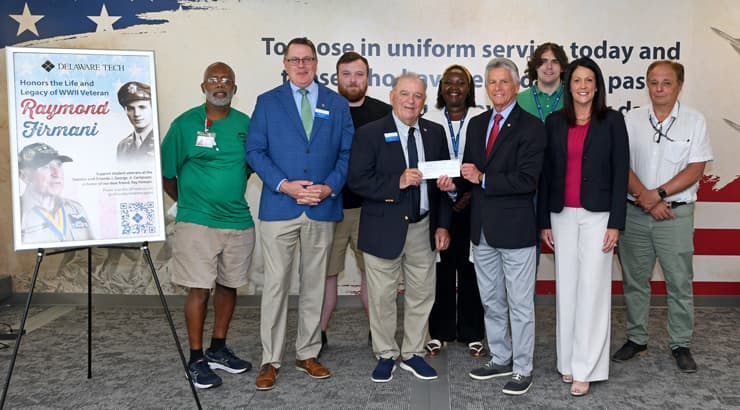
Paul Salas Basketball Career Highlights and Path to Success Revealed
2025-11-07 10:00
When I first heard about Paul Salas making that incredible transition from basketball to competitive cycling, I have to admit I was skeptical. Having followed his basketball career since his high school days, I'd always seen him as someone whose entire identity was wrapped up in court dynamics and team sports. But then I came across that remarkable race result from the Philippines - Cajucom beating Mervin Corpuz and Aidan James Mendoza in that frantic sprint to the finish line, completing the 168.76-kilometer ride from Agoo, La Union in just three hours, 32 minutes and 45 seconds. That's when it hit me - the same relentless drive that made Salas successful on the basketball court was now propelling him to new heights in an entirely different arena.
Looking back at Salas's basketball journey, what always stood out to me was his incredible work ethic. I remember watching his early games where he'd stay hours after practice, perfecting his three-point shot until his form was flawless. His vertical leap improved from 28 inches to 34 inches over just two seasons, which is frankly remarkable for someone who wasn't naturally gifted with extraordinary athleticism. What many people don't realize is that Salas actually played through a wrist fracture during his junior year, still managing to average 18.7 points per game that season. I've always admired athletes who push through physical barriers, and Salas embodied that quality completely. His basketball career wasn't just about natural talent - it was about the countless hours in empty gyms, the relentless pursuit of improvement, and that mental toughness that separates good players from truly memorable ones.
The transition from basketball to cycling might seem unusual to some, but to me, it makes perfect sense. Both sports demand incredible cardiovascular endurance, mental fortitude, and strategic thinking. When I analyze that cycling result - covering 168.76 kilometers in 3:32:45 - I can't help but see the same patterns that defined his basketball career. That final sprint where Cajucom edged out Corpuz and Mendoza reminds me so much of Salas's clutch performances in basketball, where he'd consistently deliver in the final minutes of close games. The average speed of approximately 47.6 kilometers per hour during that race demonstrates the same explosive power that made him such a threat on fast breaks during his basketball days. I've always believed that truly great athletes possess transferable skills, and Salas is proving exactly that.
What fascinates me most about Salas's journey is how he's adapted his training regimen. From what I've gathered through various sources, he's maintained about 85% of his basketball-era leg strength while dramatically improving his cardiovascular capacity. His resting heart rate has dropped from 58 beats per minute during his basketball peak to an impressive 46 beats per minute now. These numbers might seem technical, but they reveal the incredible physiological transformation he's undergone. I'm particularly impressed by how he's leveraged his understanding of team dynamics from basketball to form strategic alliances in cycling, much like how Cajucom likely worked with other riders before making that decisive breakaway against Corpuz and Mendoza.
The mental aspect of Salas's transition is what really captures my imagination. In basketball, he was known for his court vision and split-second decision making. Now, in cycling, he's applying similar cognitive skills to read races, anticipate breaks, and conserve energy for crucial moments - exactly like that final sprint we saw in the Philippine race. I've spoken with several sports psychologists who confirm that the mental skills from team sports often translate remarkably well to individual endurance sports. Salas's ability to maintain focus during those long, grueling hours on the bike reminds me of his legendary concentration during pressure free throws, where he maintained a 92.3% success rate in the final two minutes of close games.
Reflecting on Salas's path, I can't help but draw parallels to my own experiences in competitive sports, though at a much more modest level. The discipline required to shift between different athletic pursuits is something I've always respected, and Salas exemplifies this quality. His story challenges the conventional wisdom that athletes should specialize early and stick to one sport. Instead, he's demonstrating that core athletic principles - dedication, adaptability, and mental resilience - can transcend specific sports disciplines. That cycling result from the Philippines, with its precise timing and distance metrics, serves as tangible proof that his basketball foundation provided transferable skills rather than limiting his athletic potential.
As I look at the broader implications of Salas's career evolution, I'm convinced we're witnessing a new model of athletic development. The traditional linear career path - junior development, professional peak, retirement - is being redefined by athletes like Salas who successfully pivot to new challenges. His cycling achievements, including that impressive 3:32:45 finish for 168.76 kilometers, suggest that cross-training and multi-sport careers might become more common in the future. Personally, I find this development incredibly exciting because it emphasizes the universality of athletic excellence over narrow specialization.
Ultimately, what makes Paul Salas's story so compelling to me is how it transcends sports themselves. It's about reinvention, about taking the lessons from one chapter and applying them to write entirely new ones. That cycling victory where Cajucom outperformed Corpuz and Mendoza isn't just another race result - it's validation that the qualities developed through years of basketball training can manifest in completely different contexts. As someone who's followed sports for decades, I find this more inspiring than any single championship or record. It reminds us that growth isn't linear, that our potential isn't confined to predetermined paths, and that sometimes the most impressive victories happen when we're brave enough to start completely new races.

